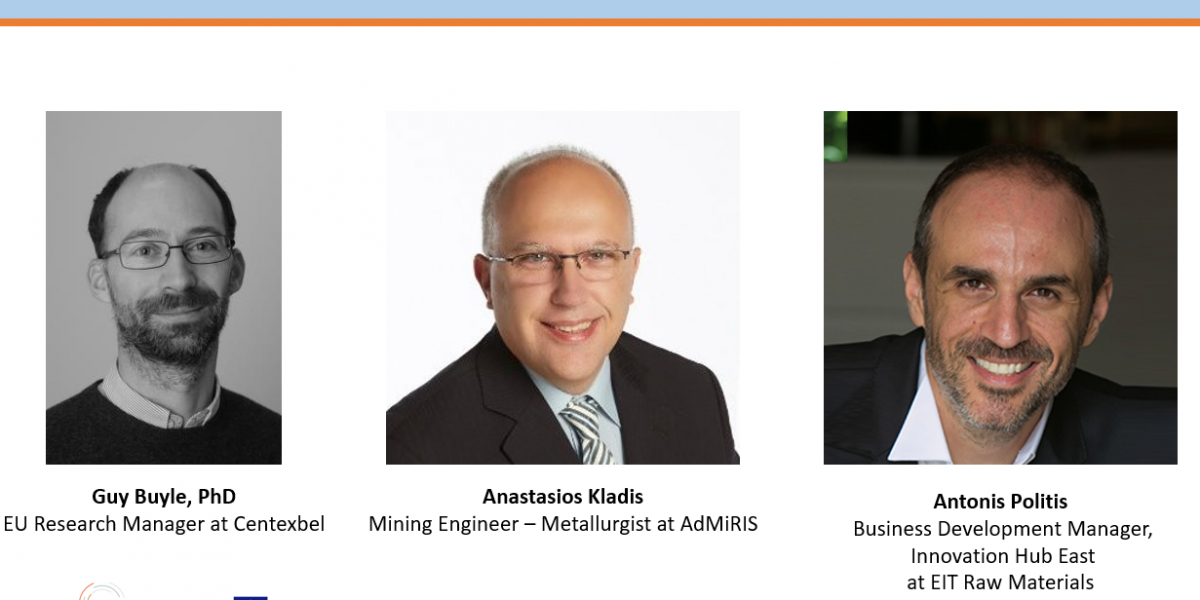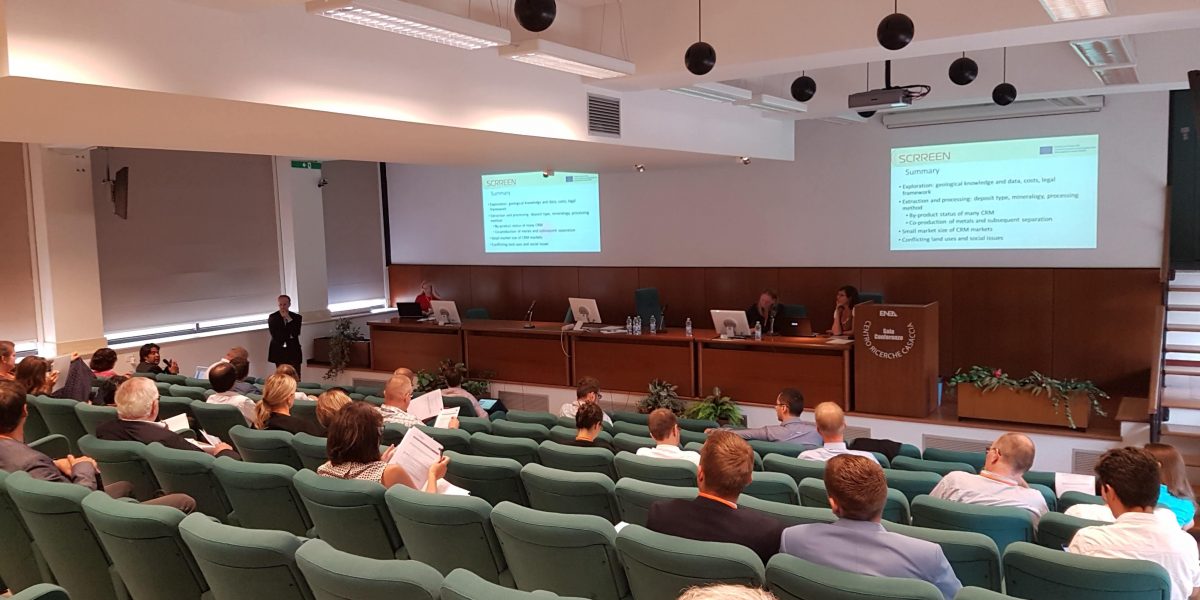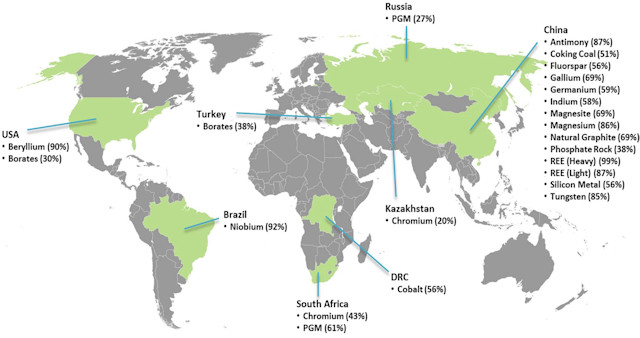Tag: CRMs
The results from the SCRREEN CRM poll conducted during Raw Materials Week 2018
The second Annual Critical Raw Materials (CRMs) Event offered an opportunity to a variety of stakeholders to get a fresh update about the latest EU activities in the field of Critical Raw Materials. During the second session – CRM in our everyday life, chaired by Guillaume Pitron, with the contribution of 4 tentative panelists: Mr. Christian Hagelüken (Umicore), Ms
SCRREEN exclusive interviews with EIT Raw Materials, AdMiRIS and Centexbel
During the annual CRM event, SCRREEN carried out exclusive interviews with some of the CRMs experts. Discover their take on key issues concerning CRMs. We have also included their profiles at the end of this feature. Q1: CRMs are so important because they are essential for the manufacturing of a wide range of products that we use every day (smartphones, laptops, airplanes, cars, photovoltaic
SCRREEN workshops: a recap of the Expert Group Meeting on “CRMs and Circular Economy Beyond Research and Updating Critical Raw Material Lists”
For me, I was particularly interested in the Expert Group meeting on ‘CRM & circular economy’, one of the five priorities of the EU CE package. Attending the other sessions on ‘Resources’ and ‘Substitution’ clearly proved that more focus and work should be put into these three themes… Thanks again for a great meeting! – JF Renault (PtJ) The Expert Group workshop on ‘Circular
E-MRS Fall Meeting (Symposium I): Solutions for critical raw materials under extreme conditions
Difficulties in the access to critical raw materials (CRMs) are expected to depress industries based in Europe. If direct substitution of CRMs represents one viable solution (not easy to achieve), a more realistic approach would be to realise innovative ways of synthesizing, rational use, and enhanced recycling of the CRMs. Scope: Global and local crises have clearly shown that life
Critical raw materials: what are they?
Raw materials, which are essential elements in today’s industrial production, are crucial for the sustainable functioning of our economy. Used in microprocessors, smartphones, LCD screens, batteries and low energy light bulbs, raw materials are an intrinsic part of our daily lives and the industry demand is growing at impressive rates. Strategic economic sectors in Europe, such as the automotive, aerospace









 The SCRREEN3 project has received funding from the European Union's Horizon Europe Research and Innovation Programme under Grant Agreement N° 101138060
The SCRREEN3 project has received funding from the European Union's Horizon Europe Research and Innovation Programme under Grant Agreement N° 101138060